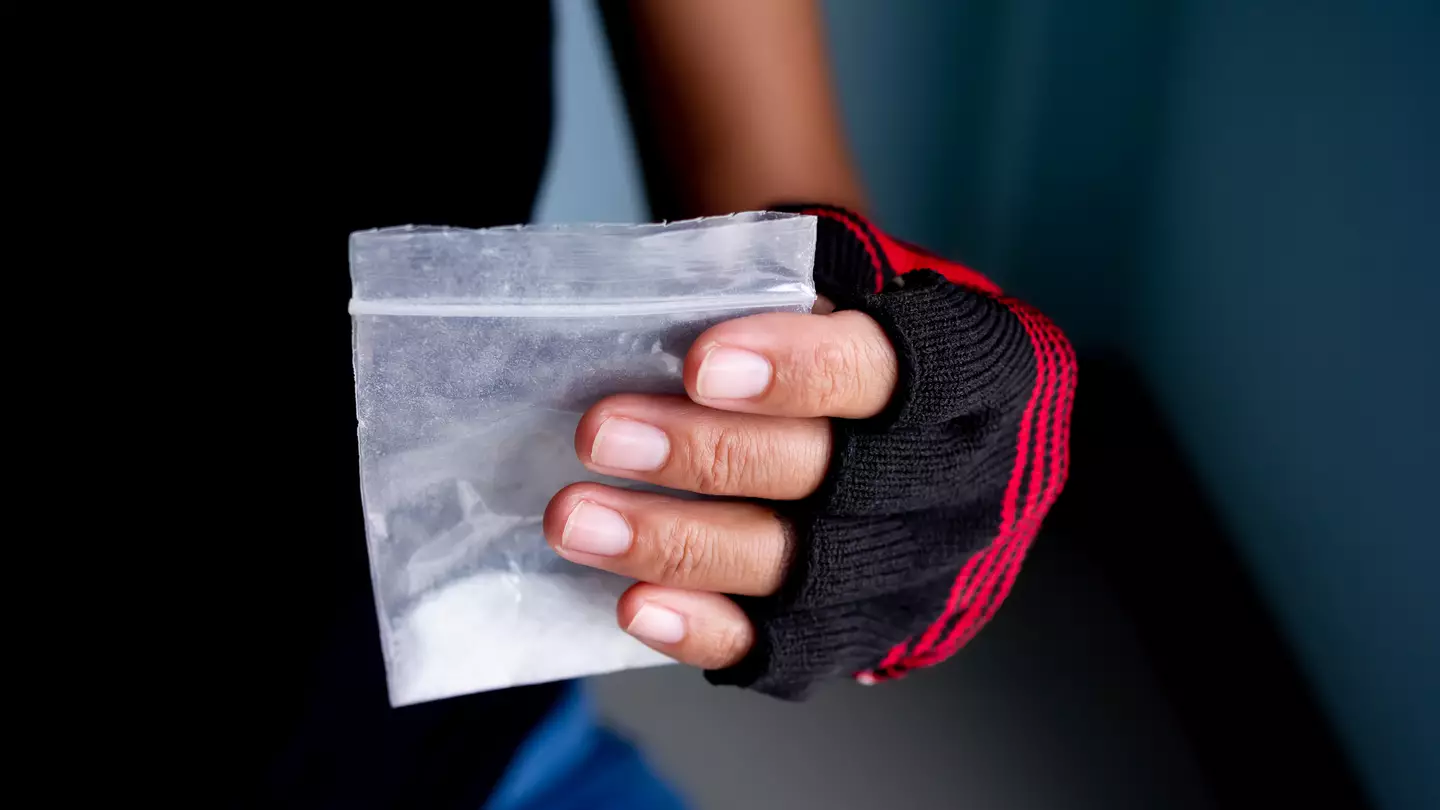
Medical professionals have issued a harrowing warning to Brits as users of a popular party drug have skyrocketed.
A new study has highlighted the concern around drug use in general, but the focus was on one substance in particular, with statistics revealing that nearly one in 25 people between the ages of 16-24 admitted to using it.
While it may seem harmless in isolation, doctors have now urged users to be aware of the issues that may rise in the long-term, such as addiction and serious health problems.
The drug in question is ketamine, and a report in the British Medical Journal pointed out that 3,609 people have began treatment for ketamine addiction in England, which is eight times higher than the figure reported across 2013-14.
Advert
Doctors have highlighted the health and mental health issues that can rise from long-term use of the substance.

What is ketamine?
Also known as 'ket' or 'K', the drug has gradually increased in popularity, with young people in particular taking to using it recreationally.
Taking ket can cost you your life, especially when mixed with other substances.
The synthetic drug increases the user's heart rate and blood pressure, which puts them at a higher risk of cardiac arrest.
Ketamine is traditionally used in the medical and veterinary worlds as an anaesthetic or painkiller, though when used recreationally, it makes the individual disconnect from their pain and their surroundings.
The Class B drug is known as a 'party drug', though its side effects include unconsciousness (being in a K-hole), cognitive problems, amnesia and difficulty urinating.
The maximum penalty for possession is up to five years behind bars and an unlimited fine.
Use among 16 to 24-year-olds hit a record high in 2023, and doctors believe that this is only getting worse.
Statistics show that use of the drug in that age group went from 1.7 percent to 3.8 percent from 2010 to 2023.

Why is ketamine so popular with young people?
While it is usually used to accompany drinking, it is advised that you shouldn't mix it with alcohol, benzodiazepines (sedative drugs), or opiates.
It takes 15 to 20 minutes for the drug to take effect, on average, with effects lasting anywhere from 30 minutes to an hour.
The most common method used to take the drug is snorting it as a powder.
Its euphoric nature and effect on the brain make the user feel detached, happy, chilled, and 'tripped out', which is desirable in social situations.
The party drug also stops you from feeling pain properly, though this can be dangerous as you can injure yourself and not feel it.
Medics at King's College London pointed out that the surge in popularity may be because of the drug's affordability compared to the likes of cocaine and cannabis.
It is estimated to be available to purchase anywhere from £20 per gram.
But they also point out that the potential side effects, such as organ damage, are overlooked by young people, while teachers have pointed out that they believe students are taking it during school hours, as Mark O'Hagan, the headteacher at Sacred Heart Catholic Academy, Liverpool, called it a 'rite of passage'.
Addiction psychiatrist at King's College, Dr Irene Guerrini, explained in the report: "Long term use can seriously harm both physical and mental health, diminishing quality of life, affecting personal relationships and impairing academic or professional performance."

What happens to your body when you take ketamine?
Dr Guerrini warned that the drug is being used in doses of 250mg or more, which can even inhibit memory.
Tolerance to the drug builds quickly, which can be detrimental to the body, as people take more and risk the likelihood of overdosing.
Ketamine is broken down by the body before being removed through urine, though toxic chemicals in the drug can have an adverse effect on the bladder.
This can result in issues with holding urine, urinating blood, or having an inflamed bladder that can scar permanently.
But taking a large enough quantity of the drug can result in having no bladder function at all.
Dr Guerrini added: "Ketamine induced uropathy and thickening of the bladder is a common and serious complication."
This can block the urinary tract and damage the kidney, which comes following reports that over a quarter of ket users in the UK report said that they had at least one bladder-related problem, including a burning sensation when peeing.
The doc has suggested that the only way to combat these issues and side effects is to stop taking the drug completely, or risk 'irreversible bladder and kidney damage'.
She added that many patients that go to A&E for these issues often admit that they didn't know using ketamine could lead to addiction.
Doctors behind the report are now campaigning for all young people with urinary or abdominal symptoms to be asked about ket use, as they believe current treatment options aren't working.
Dr Guerrini also believes that the rise of private clinics offering ketamine to treat psychiatric conditions and media coverage are contributing to the issue.
If you want friendly, confidential advice about drugs, you can talk to FRANK. You can call 0300 123 6600, text 82111 or contact through their website 24/7, or livechat from 2pm-6pm any day of the week
Topics: Drugs, Mental Health, Health